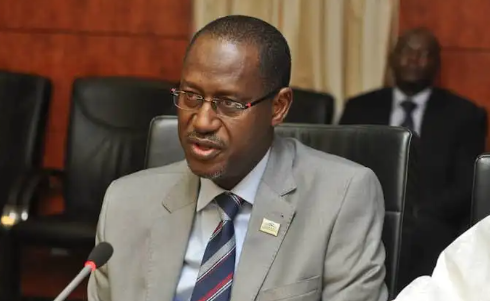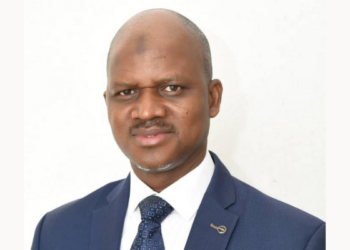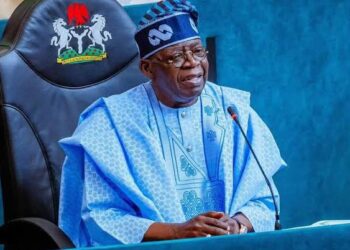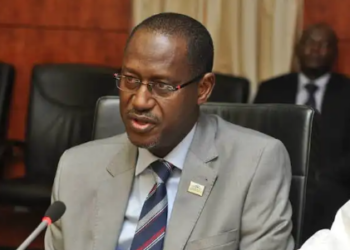The Minister of Housing and Urban Development, Arc. Ahmed Musa Dangiwa has proposed that 20-30% of funding for housing estates in Nigeria be allocated to cross-subsidization, with the goal of making homeownership more accessible to low-income Nigerians.
This initiative is part of a wider strategy to ease the financial burden on low-income families while ensuring the construction of cost-effective, high-quality homes.
Arc. Dangiwa made this proposal during an interactive session with the House of Representatives Committee on Housing and Habitat, which discussed the establishment of the Ministry of Finance Incorporated Real Estate Investment Fund (MREIF) and the suspension of the Single Obligor Limit (SOL) on the Federal Mortgage Bank of Nigeria (FMBN), as noted in a statement from the ministry.
In highlighting the potential of cross-subsidization, the Minister pointed to Algeria’s success, where one million homes were delivered in a year through a similar model. He recommended that Nigeria adopt this approach to address its housing challenges.
“Whenever we are funding any estate to be developed, 20 to 30 per cent of the funding should be cross-subsidized,” the Minister stated.
- The Minister explained that the cross-subsidy model would ensure uniformity in the external features and infrastructure of housing estates while allowing for adjustments to internal finishes—such as flooring, fixtures, and fittings—to accommodate varying affordability levels.
- This approach, he emphasized, would make affordable and sustainable housing accessible to a broader spectrum of Nigerians.
More insights
The statement also highlighted that the Housing Minister, Arc. Dangiwa, commended the Honourable Minister of Finance, Mr. Wale Edun, for securing Federal Executive Council approval for the MREIF, describing it as a transformative initiative for Nigeria’s housing sector.
- In addition to advocating for cross-subsidization, Dangiwa addressed the restrictive impact of the Central Bank of Nigeria’s (CBN) Single Obligor Limit on the Federal Mortgage Bank of Nigeria (FMBN).
- He emphasized that this cap on FMBN’s disbursements has hindered the bank’s ability to fund primary mortgage institutions (PMIs), thus limiting access to mortgages for Nigerians. Dangiwa praised the House Committee on Housing and Habitat for intervening to suspend this practice, which he believes has obstructed the government’s efforts to provide affordable mortgage options.
- Furthermore, the Minister called for the recapitalization of FMBN to empower the bank to generate affordable mortgages independently of MREIF funding.
He also stressed the need for increased support for the Federal Housing Authority (FHA), which would strengthen its capacity to spearhead housing development and help address the country’s growing housing deficit.
What you should know
- The Federal Government’s housing initiatives, led by the Ministry of Housing and Urban Development, also embrace the cross-subsidy model through the Renewed Hope Cities and Estates Programme. This programme aims to deliver 50,000 housing units in its first phase, with cities in each geopolitical zone and the FCT, as well as estates across the remaining 30 states.
- Currently, 14 active sites nationwide are under development, with a total of 10,112 housing units, including 250 units each in 12 states.
- The programme’s cross-subsidy model involves selling 80% of units at commercial rates, while the remaining 20% will be offered at concessional rates to low- and medium-income Nigerians, especially those affiliated with the Nigeria Labour Congress and the Trade Union Congress.
- Profits from the commercial units will fund the subsidized ones, making homeownership more accessible to a broader segment of the population.





















